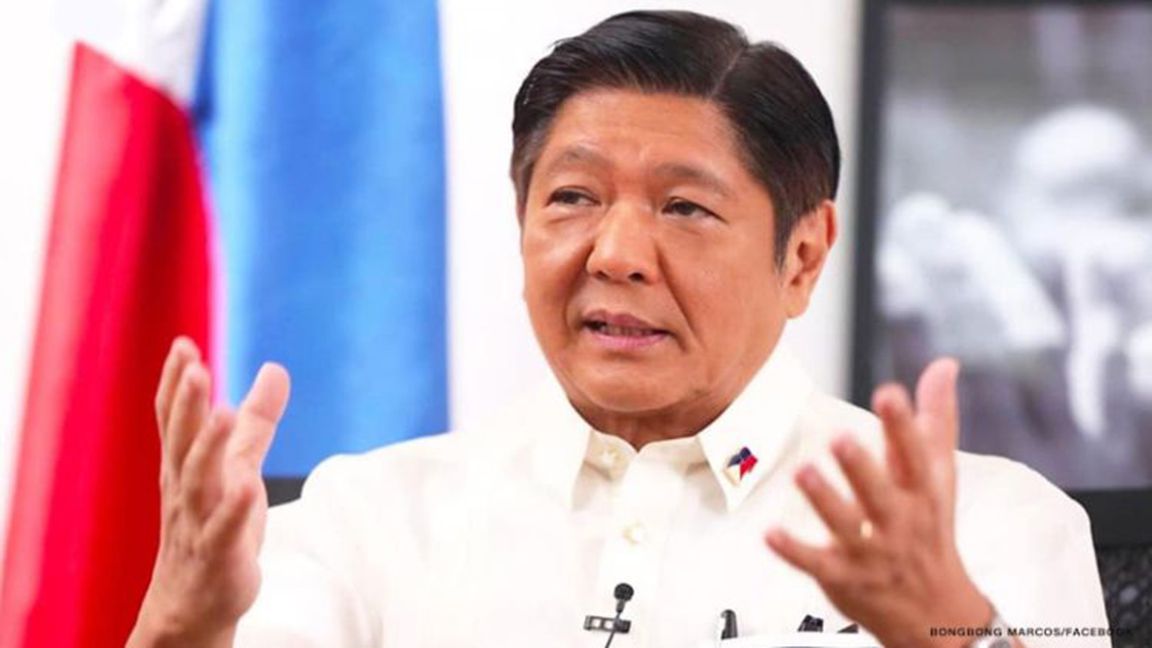President-elect Ferdinand Marcos Jr. is attending the Asia Pacific Economic Cooperation summit in November in Thailand.
Between July 1, 2022 and November, President-elect Ferdinand Marcos Jr. has too much to learn on governance and foreign policy and foreign trade, as he has confirmed attendance to the Asia Pacific Economic Cooperation summit in Thailand on November 18-19.
Asia Pacific Economic Cooperation, or APEC, was formed in 1989 in Australia as an informal forum in which member nations could discuss free trade and economic cooperation along the Pacific Rim. From the perspective of the United States, it has been a crucial institution for economic engagement within the region.
It has 21 member-countries and the summit is usually attended by ministers of these countries. Members include: Australia; Brunei Darussalam; Canada; Chile; People's Republic of China; Hong Kong, China; Indonesia; Japan; Republic of Korea; Malaysia; Mexico; New Zealand; Papua New Guinea; Peru; The Philippines; The Russian Federation; Singapore; Chinese Taipei; Thailand; United States of America. (Note China, Taipei and Hongkong plus the Russian Federation, now warring with Ukraine).
The APEC summit will be the first international meeting he will be attending as president.
Thai Chargé d’Affaires Thawat Sumitmor personally invited Marcos Jr. to this year’s APEC summit, which will be held from Nov. 18 to 19, it said in a statement. Thailand is heading the regional forum this year.
This is the first time since 2018 that the summit will be held physically after a global coronavirus pandemic forced lockdowns and kept people at home.
The planned summit in Chile in 2019 was canceled due to protests, while the last two editions were held virtually because of COVID-19.
Focus
This year’s summit will focus on post-pandemic recovery, particularly on the resumption of safe and seamless cross-border travel and the revival of tourism and the service sector. It will also tackle business mobility and investments in health security.
The gathering will also focus on charting ways to advance regional economic integration by leveraging digitalization and innovation “while continuing to support a rule-based multilateral trading system with the World Trade Organization,” APEC said on its website.
Marcos Jr. earlier said the Philippines under his administration would join a US-backed economic framework for the Indo-Pacific that Washington crafted to counter China’s growing influence in the region.
Experts have said it remains to be seen whether Marcos would pursue closer ties with China since the US has elevated efforts to take its alliance with the Philippines to the next level.
Marcos is expected to meet with US Deputy Secretary of State Wendy Sherman this week. He will be joined by outgoing and incoming Philippine officials.
His predecessor, outgoing President Rodrigo R. Duterte, led a foreign policy pivot to China when he took office in 2016.
He has been accused of gambling Philippine territories to appease China, from which he got about P1.2 trillion in investment and loan pledges to boost big-ticket infrastructure projects. Critics said few have materialized.
‘China to keep Europe, US at bay’
Hansley A. Juliano, a former political science professor studying at Nagoya University’s Graduate School of International Development in Japan, said China would likely ensure that the Philippines is under its influence to keep Europe and America’s influence over the Association of Southeast Asian Nations at bay.
“China is already documented to have links with the Marcos campaign,” he said in a Facebook Messenger chat. “It is likely to solidify its influence and control over our contested territories. Perhaps, it’s also meant to further keep ASEAN under their economic influence away from the US and Europe.”
ASEAN’s liberalization measures influence the development of APEC in several ways, Julius Caesar Parreñas, senior advisor at Daiwa Institute of Research, said in a journal.
“Through its expansion and the unilateral liberalization measures that have followed regional liberalization efforts, ASEAN is helping realize the enlargement of the market where APEC hopes to see freer and more open trade and investment policies,” he said.
“ASEAN can play a more aggressive role in challenging other APEC economies to more quickly knock down remaining barriers to cross-border trade and investment flows.”
Cautious on RCEP
The Philippine Senate recently failed to ratify a trade agreement involving Australia, China, Japan, South Korea, New Zealand, and the 10 members of ASEAN.
Marcos, 64, earlier said he would ensure the trade deal, also known as the Regional Comprehensive Economic Partnership (RCEP), would not hurt local industries.
The former senator said he wants an assessment of the country’s competitiveness first before pushing for the ratification of the free trade deal.
“Let’s review it to see what will be the effect. Let’s study it carefully,” he recently said.
Aside from the Philippines, only two other countries have not yet ratified the RCEP — Indonesia and Myanmar.
Marcos and Vice president-elect Sara Duterte-Carpio joined a virtual gathering on Wednesday to commemorate the Philippines-China friendship day.
Tags: #MarcosJr., #Thailand, #APEC, #China, #geopolitics

